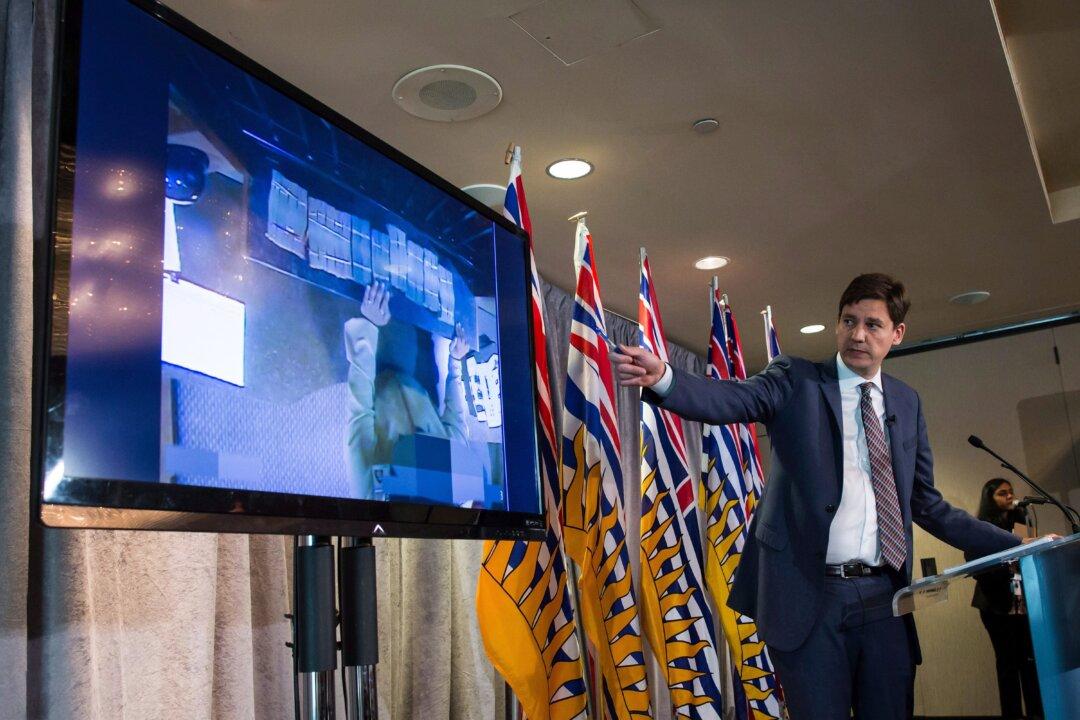News Analysis
Canada’s inability to impose legal consequences related to money laundering investigations frustrates experts who say the authorities can and must do more to fix the shortfalls in federal financial crime law.

Canada’s inability to impose legal consequences related to money laundering investigations frustrates experts who say the authorities can and must do more to fix the shortfalls in federal financial crime law.